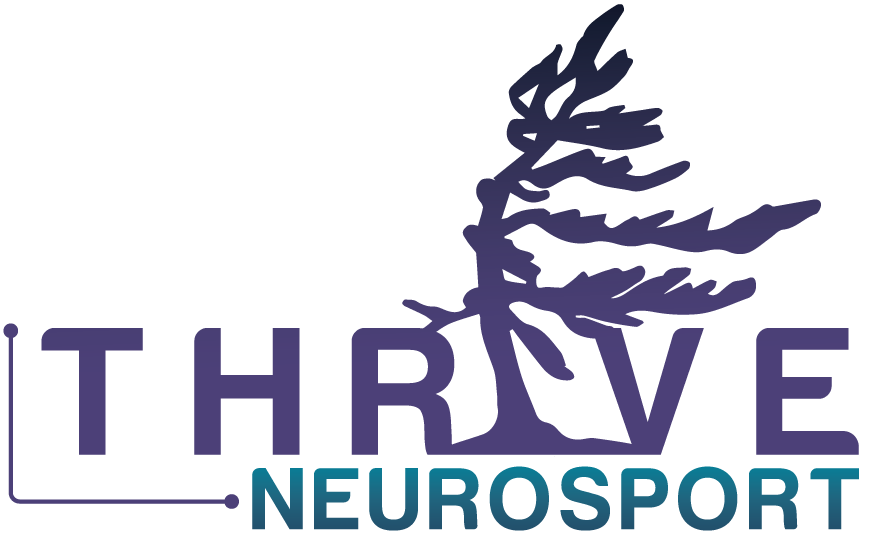Considering that today is “Bell Let’s Talk Day”, I thought this was the perfect opportunity to finally open up and really talk about my experiences with mental health and grief over the past year. My intention is not to generate pity for my own story, but to instead shed light on the coping strategies that I feel are universal to our well-being. If you have ever suffered from a trauma, a loss, an illness, or injury of any kind, then perhaps you too have questioned your own path, and have been forced to adapt to a new reality. One way or another, we’ve all encountered obstacles and challenges of different contexts which we must overcome.
As a healthcare practitioner, I’ve always taken pride in being an advocate for mental health with respect to my own patients, and I firmly believed that I had a grasp on my own (don’t we all). I am certainly a Type A personality and like most people in our society, live in what I call organized chaos. We continually strive to make plans to achieve our personal, career, and financial goals —all the while hoping to travel and knock a few things off our bucket list. Despite how much we try to do everything right, sometimes life throws us a curveball or a few speed bumps in the road along the way. Then at other times, it feels like trauma hits us like a bus. Life doesn’t care who you are and what your five-year plan is, it just happens. In 2017, we lost three incredible humans from our community all within a matter of weeks. They had all been long-time friends, and to us they were sons, brothers, best friends, co-workers, and to those like myself, a partner in life.
No matter how much you think you can handle, trauma will induce feelings of helplessness and panic that will override any strength you may have. It’s our human nature to respond to a threat with the fight or flight response, which facilitates a physiological cascade originating in the amygdala deep within the cortex of the brain. This process results in a massive spike in our stress hormone, cortisol. It’s like our own internal alarm system, a protective mechanism that allows us to run off pure adrenaline with little to no control over it. Following this initial spike, the level of cortisol will drop abruptly, and your body will sink into autopilot mode. This allows you to function day-to-day, in a state of being that is not even close to the person you once were.
Depending on each individual and situation, things will get better slowly from this point. This is where coping strategies become vital. Personally, I can’t say I did this as well as some of you may have thought. I took very little time for myself and carried my grief around with me. No matter what I did, it was always there like an elephant in the room. I became an expert at suppressing it. All of us have done it– trying to convince yourself, and those around you, that you’re okay. In the long run, I learned that this will wear you down until you burn out completely. I got very close to this point, until one day I had the courage to speak up and tell someone that I honestly wasn’t okay.
Since that time, a lot has changed in my life and I have taken a break to address some of the things I have been suppressing. I have continued to focus on what I consider the big three strategies for maintaining good mental wellness. These were not only helpful to survive the initial shock, but also to allow me to move forward and thrive on. The first is obvious, it’s well-known that regular exercise has endless benefits for our well-being. Research has shown that exercise is medicine, not only for our physical health but it also has positive effects on our cognitive function and can reduce symptoms of depression and psychological stress. For as long as I can remember, I exercised to train as a competitive and recreational athlete. When I initially spoke with a grief counsellor, one of the first things she prescribed was regular bouts of exercise. This was not meant to improve my fitness or to achieve new goals. She was very clear that I had to exercise to maintain focus, reduce anxiety, burn off stress, and to find a new source of endorphins. When you lose something significant that brought you joy, you can also lose your ability to feel joy. Exercise had become more than just a part of my routine, it was my medication. I made sure that before conference presentations, exams, and social events; I ran, biked, lifted…whatever I could do to prepare my brain to perform and be successful.
The second way that I have found to improve my well-being is to get outside. I have made a point to go outdoors and be active nearly every day of the week. I feel the most comfortable on a trail, in the woods, or near a lake. Not only that, but there is research to demonstrate that hiking outdoors in a natural setting can improve symptoms of depression and cope with stress. Our brain likes to be outside. The combination of exercise and the beauty of nature can enhance the benefits we gain for our overall health. We are so fortunate to have access to incredible landscapes right on our doorstep. Regardless of what you’re going through, get out there and explore what our beautiful country has to offer.
Last, the third and most important thing I have learned is that I can’t do everything on my own. I had to accept that people wanted to help me, and I had to allow it. Grief is a different beast for everyone. It can be any one combination of sadness, loneliness, anxiety, depression…the list goes on. I never really understood how to properly grieve, and never really talked about it. It’s one of those taboo conversations that we avoid because death is scary. It’s upsetting, but it’s also inevitable. The best thing I did was talk to a professional, however, the biggest mistake I made was not going enough earlier on. I spent the first few months only focusing on getting outdoors and staying active, I had been overlooking this third component. It’s taken me months to acknowledge that this is not a quick fix, and that taking time for yourself to deal with it is okay.
You can’t do everything on your own. Regardless of the situation, if you’re experiencing a difficult time in your life, don’t feel like it’s not important enough to talk about and have someone help you. Our society has glamourized a suck it up mentality that I commonly see with athletes, business owners, parents, and young professionals. We are constantly comparing ourselves to our friends on social media that we feel that we should be able to thrive just like everyone else. The truth is that most of us are struggling and we avoid talking about it.
I hope that sharing my story will be helpful for anyone who has experienced a significant loss or change in their life, and that maybe this will spark a new discussion. I’ve had so many people ask me what I can recommend for someone they know who has suffered a similar loss, meanwhile I felt like I really didn’t have a firm grasp on what I was going through until a few weeks ago.
It isn’t easy being vulnerable, if you’re faced with negativity then you know you’re talking to the wrong people. I have been so fortunate for having a lot of the right people on my team. It takes courage to talk. Let’s keep the conversation going.
*Dedicated to the memory of Ryan Nederend, Peter Surey & Bryan Maher.


